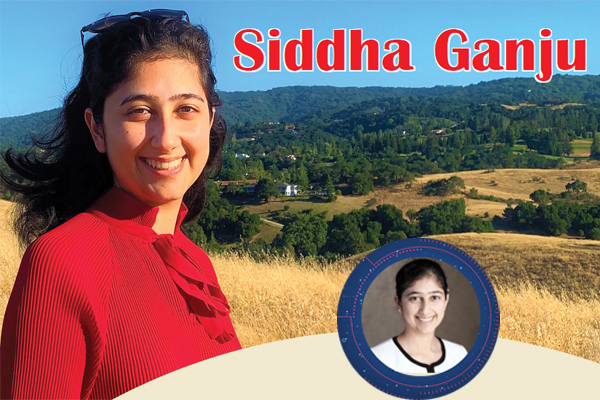
Introduction
SiddhaGanju, a Carnegie Mellon graduate, is currently an AI researcher at Nvidia working on self-driving and healthcare technology. She is also an AI Advisor to NASA Frontier Development Lab, where she helped build an automated meteor detection pipeline for the NASA CAMS project that discovered a comet. She has founded SpaceML, to mentor high schools’ students converting them to citizen scientists while working on high public value projects such as climate change and planetary defense, and mentors CMU students to race performance autonomous cars. Ms. Ganju also co-authored O’Reilly’s Practical Deep Learning for Cloud, Mobile, and Edge.
Awards
2020- IET Young Professional Excellence Medal, U.K.
2019- Future Star of Tech: Data Scientist, U.K.
2019- Business Journal’s Women of Influence, Silicon Valley Business Journal.
2019 Forbes 30 under 30
Q) A little about your childhood, schooling and family…
I was born in Shimla, a beautiful hill station in the state of Himachal Pradesh, India. During winters, it snowed a lot, given our city was located almost at the foothills of the enormous Himalayas and I cherished making a lot of snow mans! I was surrounded with a lot of forest and farming as well. A lot of schools in Shimla have existed for a very long time and I went to a similar school- Loreto Convent School. My schooling was very interactive and fun with wide variety of subjects; we also went on many excursions, and had real-life educational teachings, which helped me develop a lot of curiosity that still fires my ideas until date.
Q) What was your goal as a child?
I believe what we want to be when we grow up keeps changing every now and then, which probably resonates with quiet a lot of us. As a child, I showed interest in learning a lot of things, with the given environment in school and at home, which was very inducive to learning. I remember we had a class on Geology once, and we went to a nearby beach to look at a certain rock and by the end of the day, I had huge collection of rocks and I wanted to be a geologist at that point. Another time, we were learning about cartography, learning about contours, land formations and the pacific fire, which made me want to become a cartographer. I really liked the process of learning, and I was like a sponge, always absorbing new concepts around me. The common denominator in all of these is that no matter what
the topic or whatever we were learning was that I would take a practical approach towards understanding the concept to a further depth. This practical learning has stayed with me until today and helps drive my motivation to building things and learning things as they are. I can say learning is and was my strongest suits.
Q) What were your hobbies?
I used to collect stamps, which led me to learn a lot about their making and their role in history. I think stamps give a unique perspective to learn about our history. One hobby that is still stayed with me today is building things- like a ship model of HMS Victory I was working on recently.
Q) Who is the most influential person in your life?
To be honest, I have learned a lot from many people around me starting from school, to my family, who all have collectively instilled a curiosity and a thirst for learning for me, while also imparting knowledge to me in many ways. This has taught me the idea of mentorship, which has molded and helped me to ask questions, which exposed me to many possibilities around us. This is also why I try to engage in mentorship and help the future generations learn about AI while working on some of the biggest challenges that humanity faces.
Q) Is there a time, where you felt you couldn’t make past a situation?
I often believe that failure is a steppingstone to success. I failed many times and honestly if I am not failing, then what am I really learning right? I have motto that I heard from one of my relatives when I was pretty young- you should have goal, you should plan for the goal and when you fail, you should recalibrate. This has stood with me for a long time and I believe it is important to plan for not just success but also for failure- we should have that buffer and contingency plan that we can put into action when failure comes- and it always comes!
Q) What is your happiest moment in life that you could never forget?
That is an interesting question! I often wonder what happiness is- and if there is an exact definition for it or is it just being blissfully unaware? I am generally a happy person- talking to my family friends, eating nice food, watching movies makes me happy. Also, I strongly believe that happiness shared is happiness doubled, which I also think is true with knowledge- knowledge shared is knowledge doubled! This brought me and my co-authors to write a book about AI. We went to a lot of conferences, and a lot of people would ask me many questions about how to get started in AI, which eventually opened up to an actual answer. In
Q) Did you have to sacrifice anything to reach a goal in your life?
I would say in my life it was more of a prioritization rather than a sacrifice. My prioritization was often driven by my curiosity to learn.
our book, we are really having a conversation about how we go from an idea to something that could be put use to by people around us in the actual world through code. The book is a guide for a great beginning to learning AI, similar to our gym trainers guiding us through our workouts. It contains practical knowledge that we have accumulated through two decades worth of experience.
Q) Transition into college opens a huge door full of opportunities to distraction. How was your experience/how did you cope with it?
I began college at the National Institute of Technology, Hamirpur, Himachal Pradesh in 2011- almost a decade ago! I think during this age we barely have an action plan put together and I didn’t either! My first introduction to computer programing was in 8th grade during school. It certainly did not come naturally to me, and it took a lot of practice, eventually making it easier for me. I remember that I was always making a conscious effort in experimenting with a lot of things. I took part in hackathons related to computer programing. I learned that AI is reading in between lines, which really stood out to me. I graduated with masters from Carnegie Mellon university.
Interviewed by…
Vidya
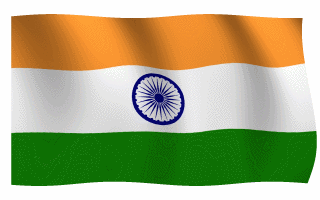


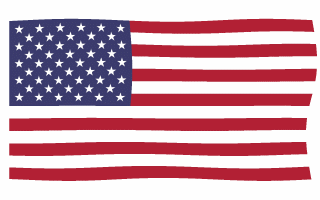
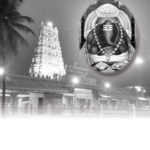


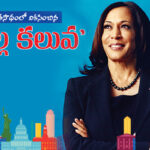
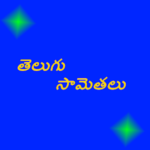
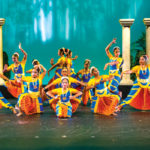

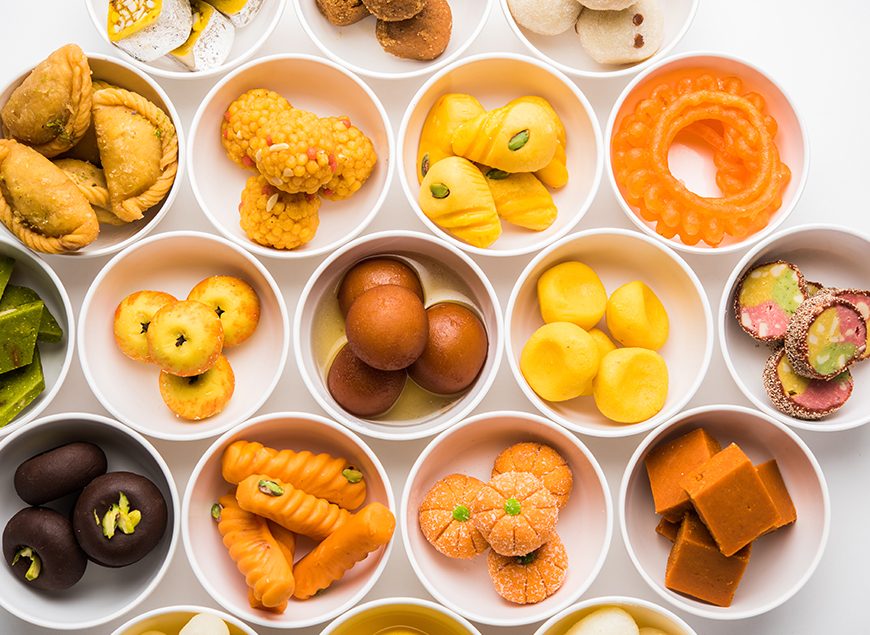

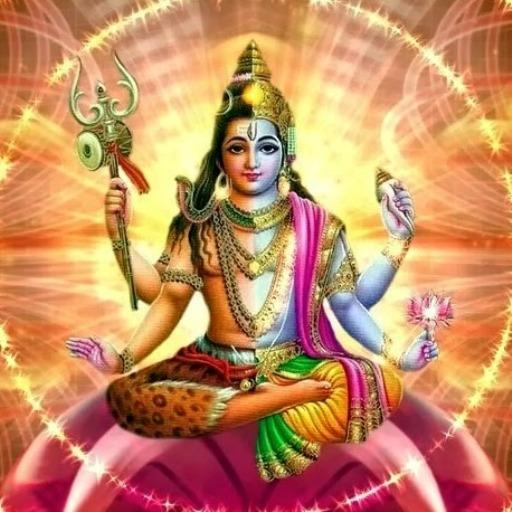



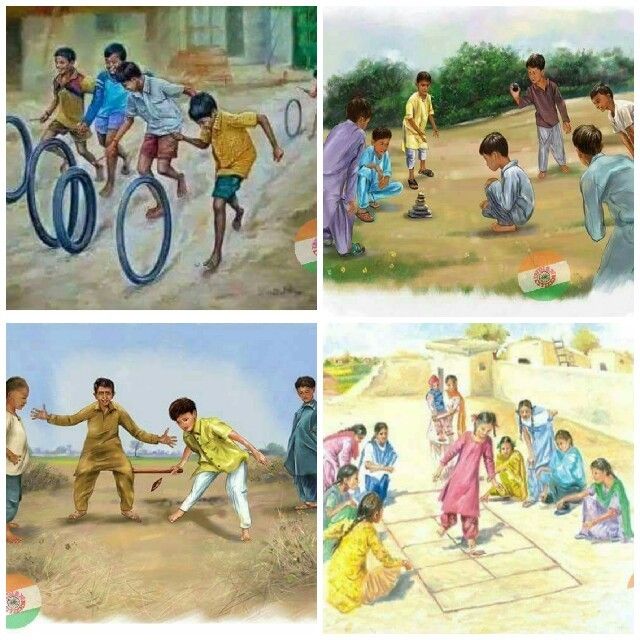
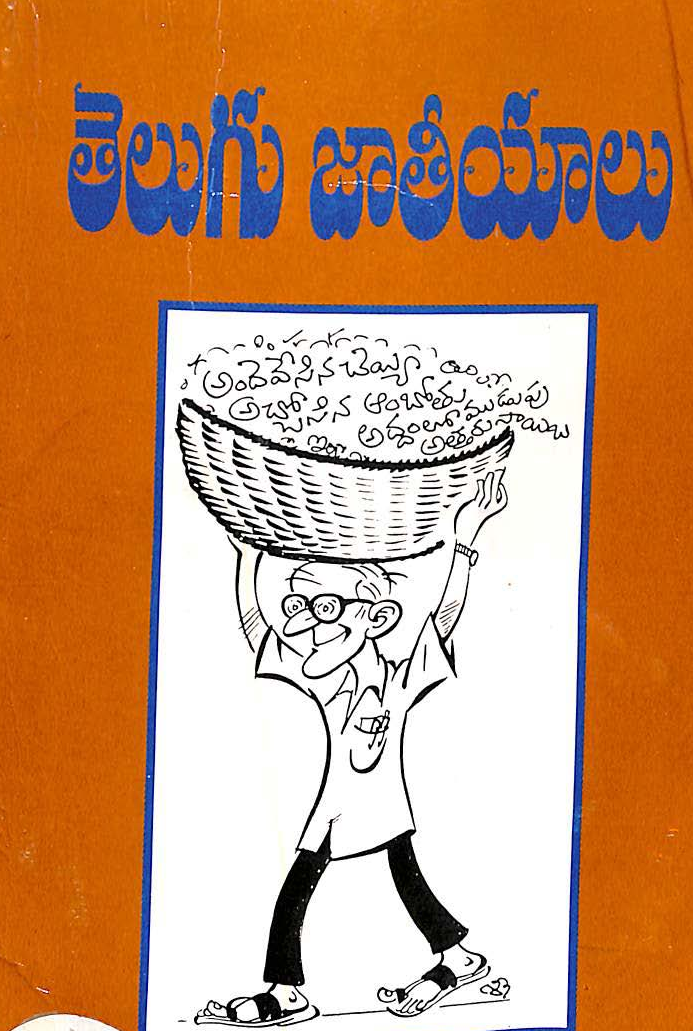



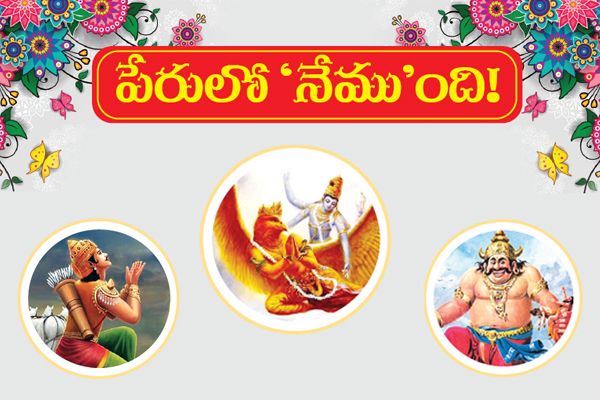


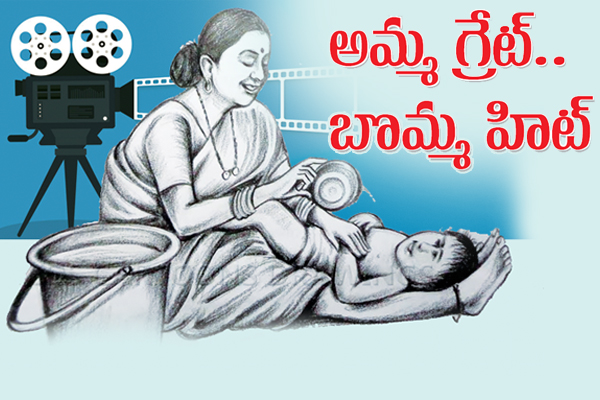

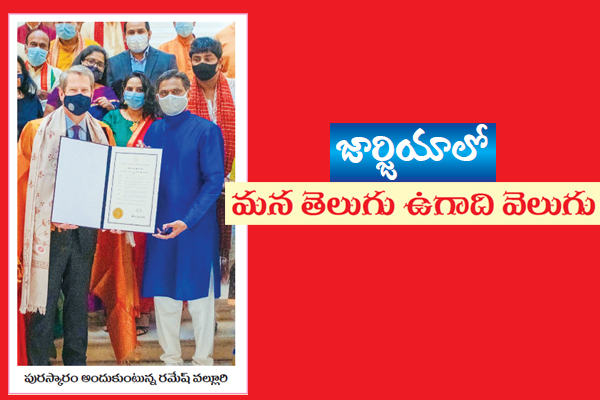
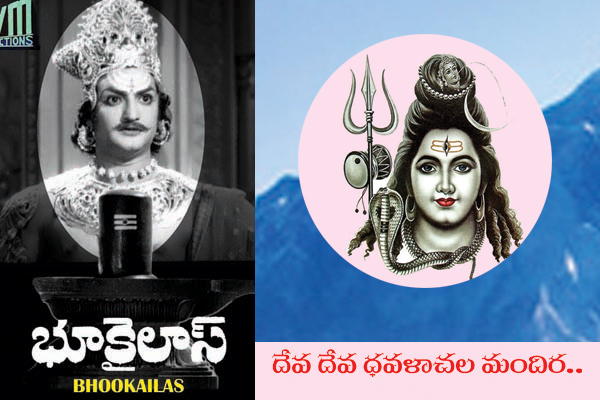

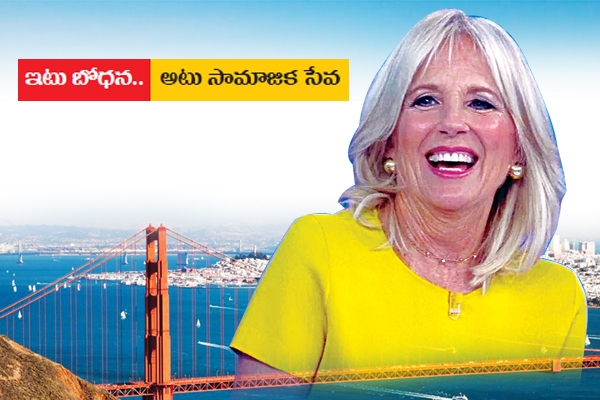
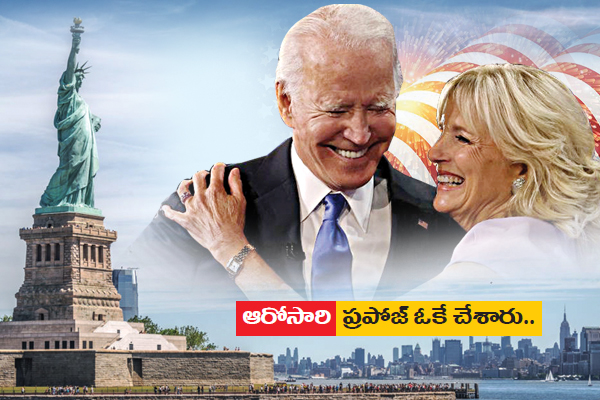
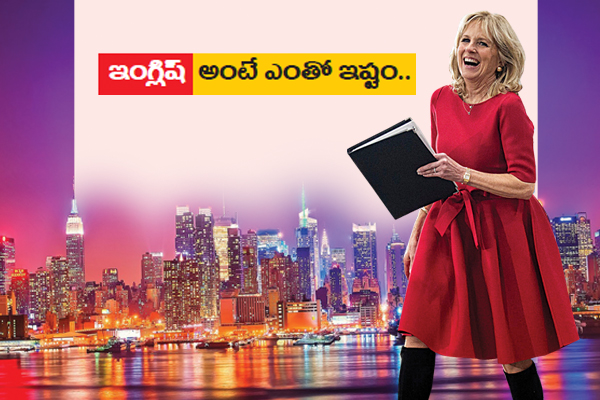
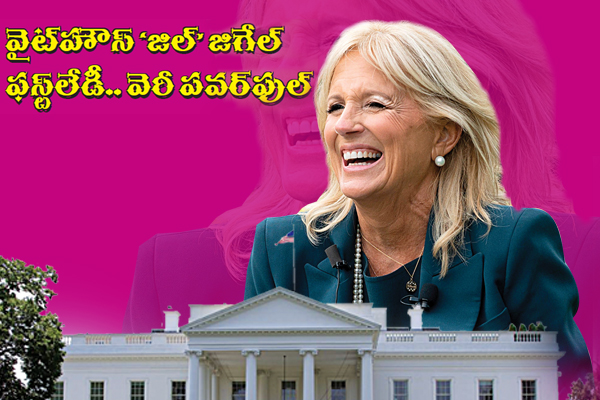
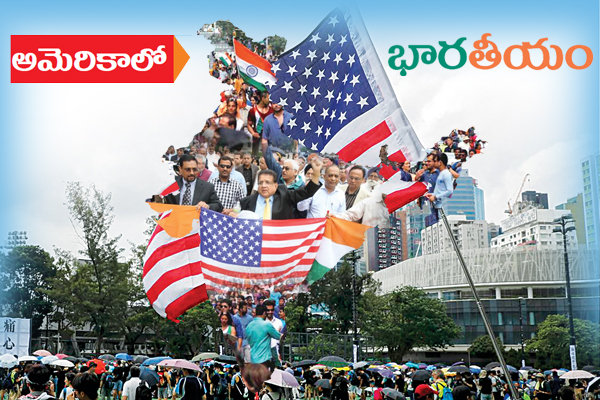
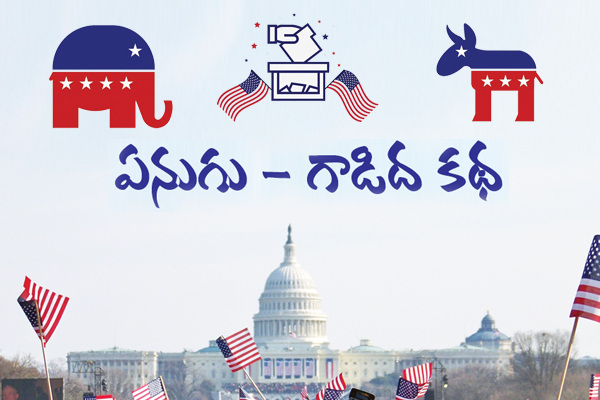
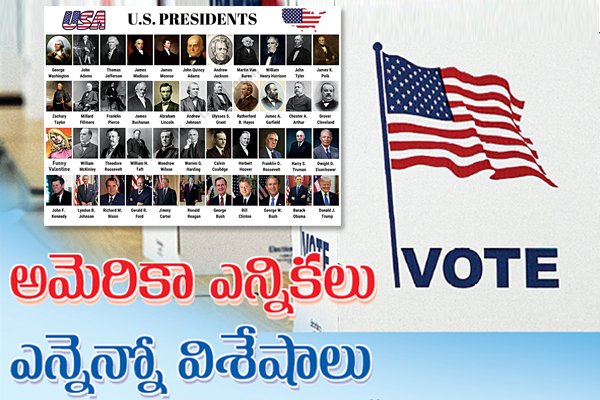


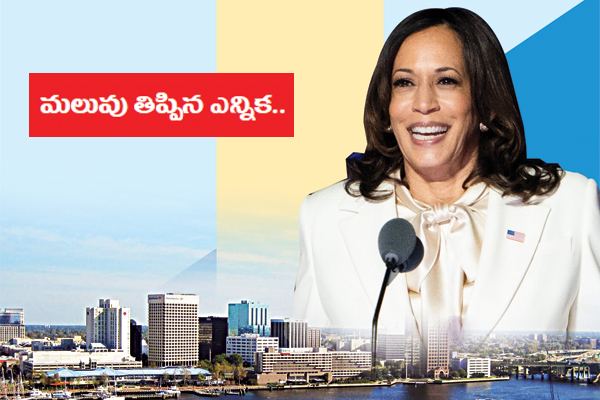
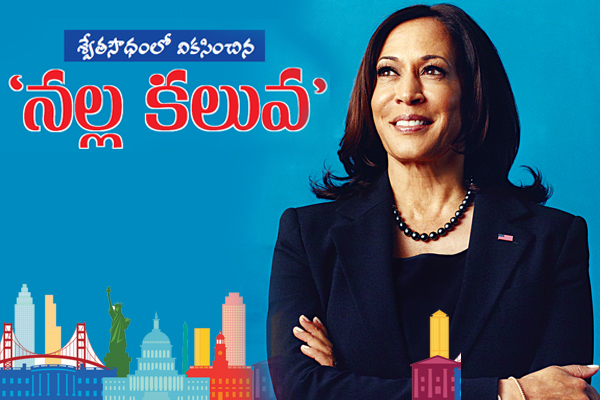

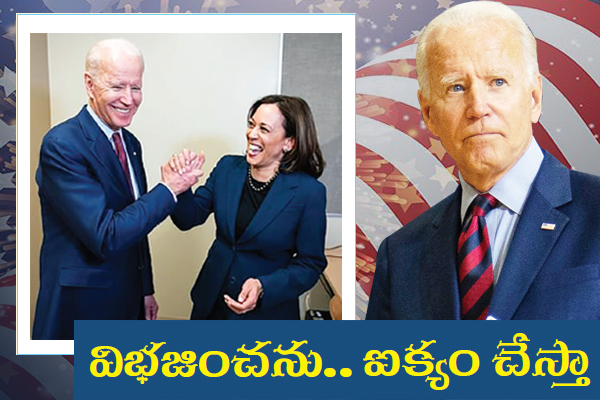
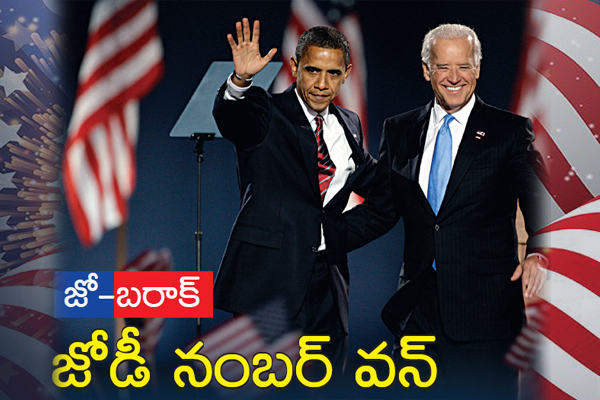
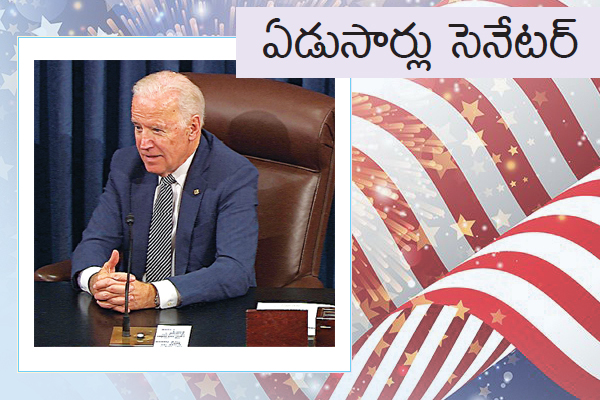
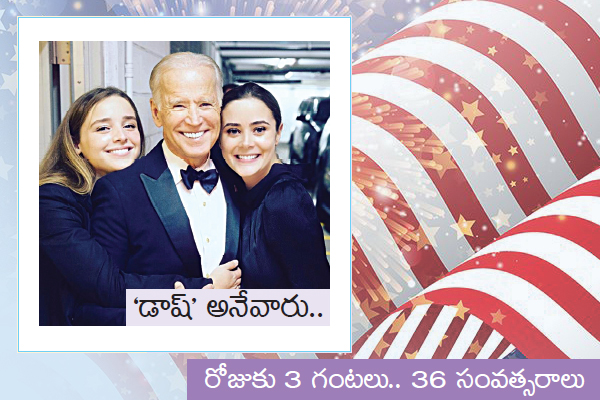
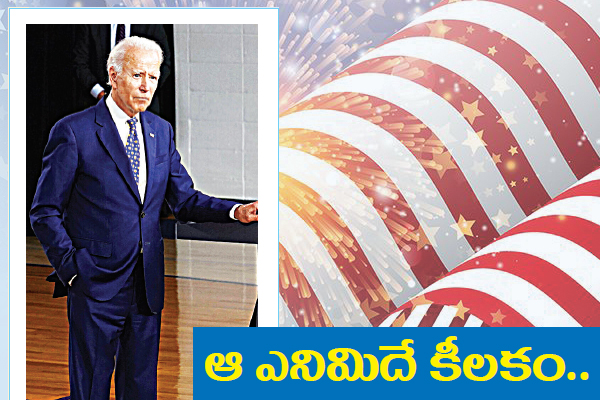
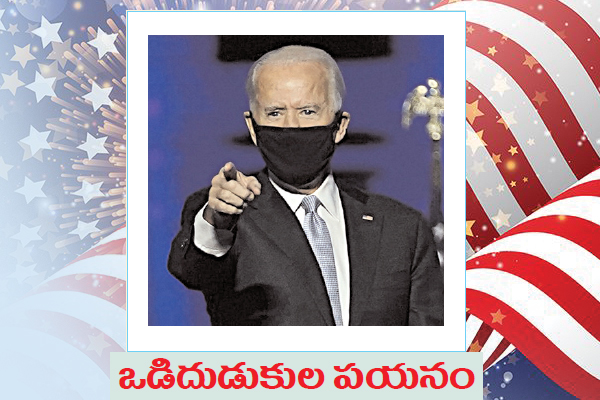
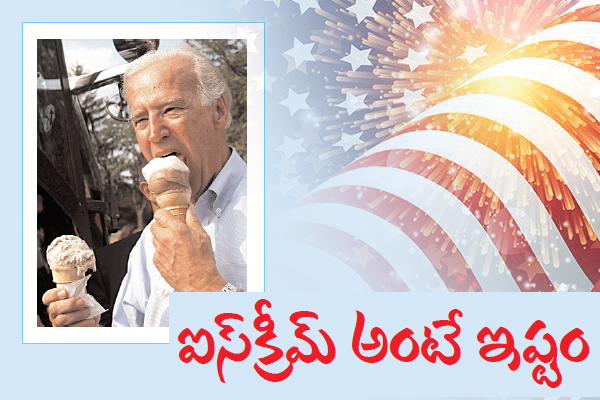
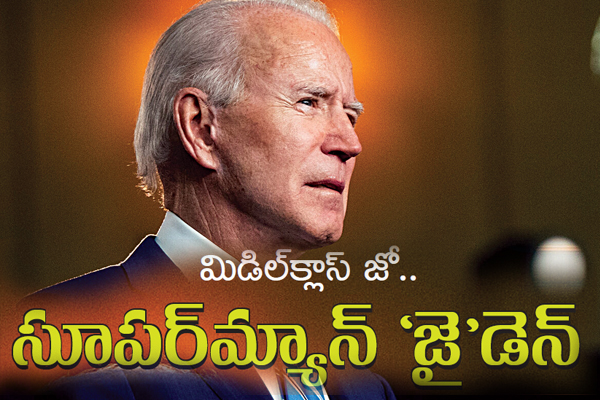

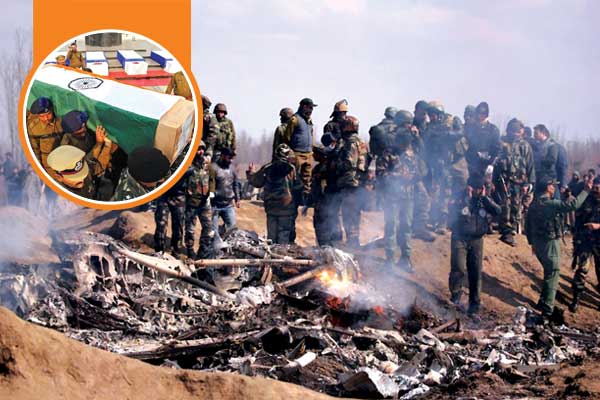
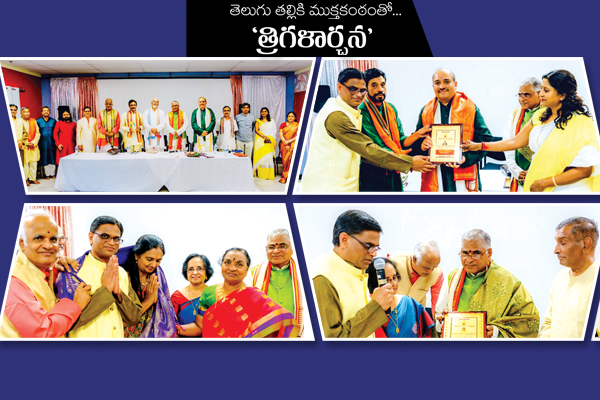
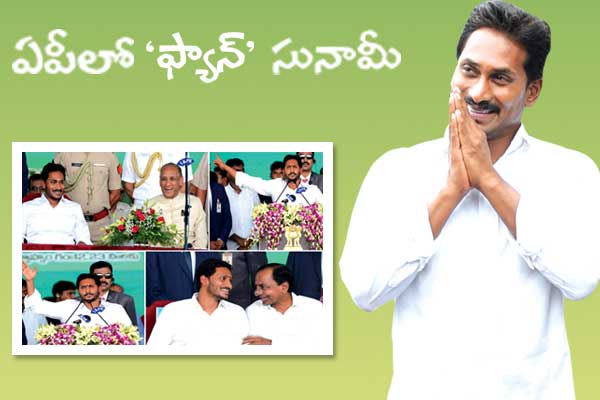
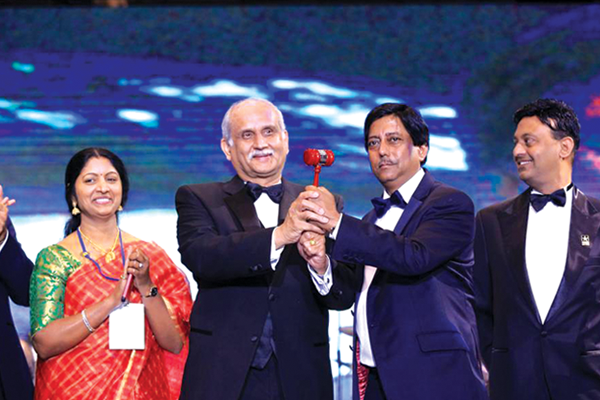

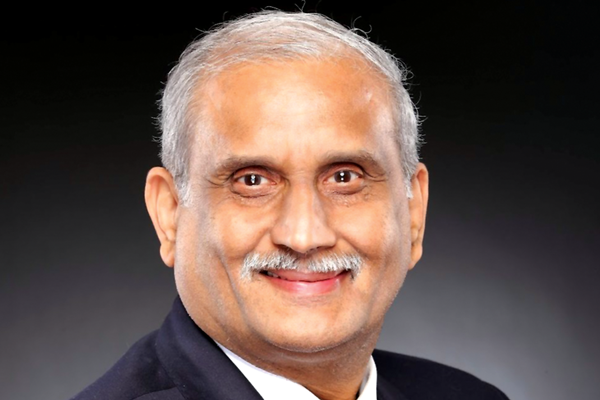
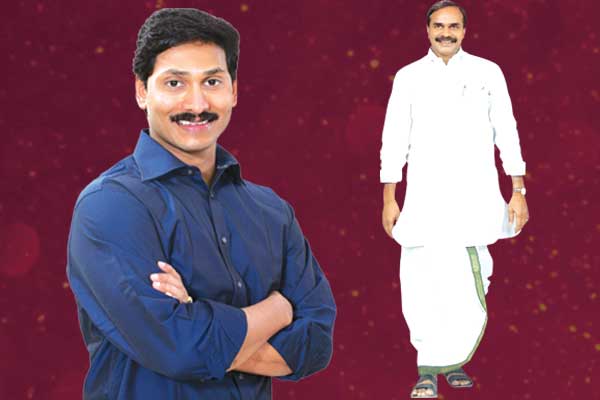
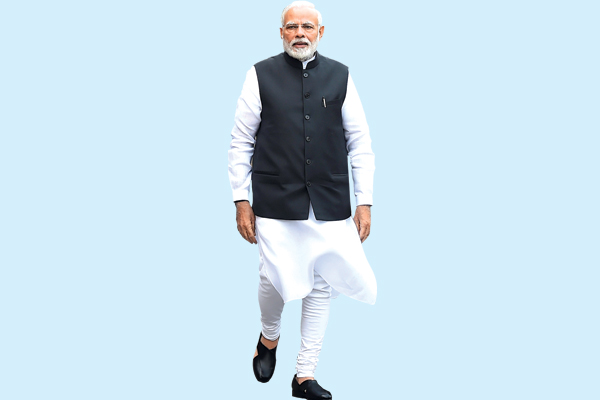
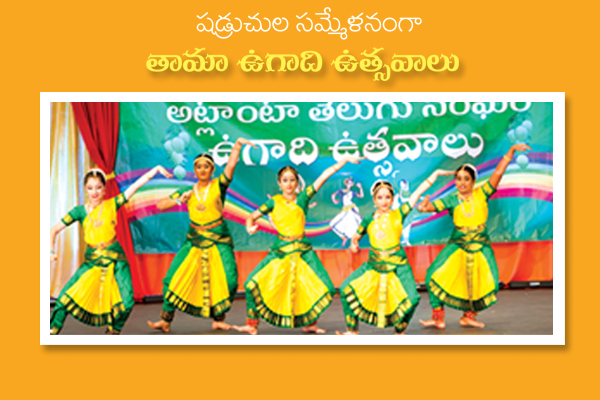
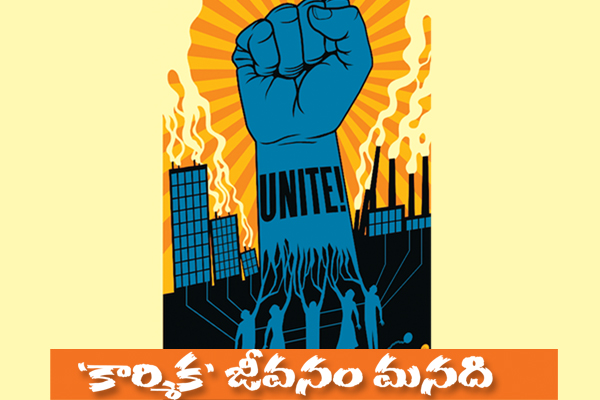
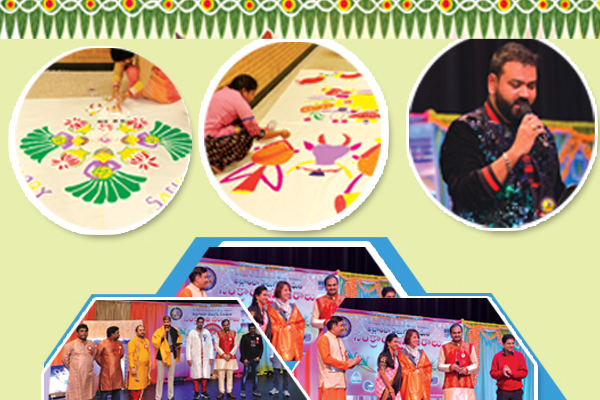
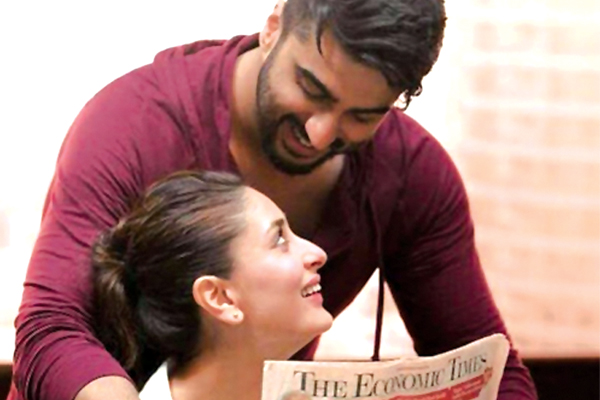



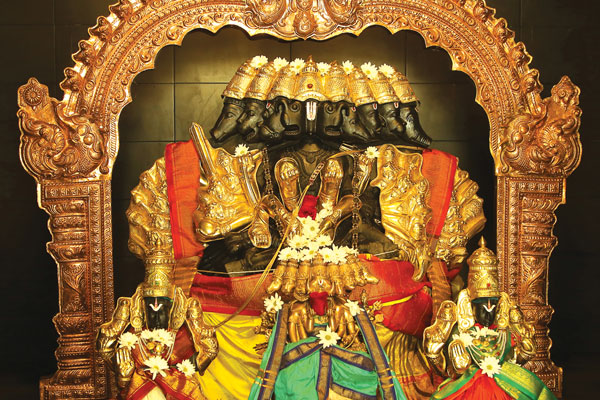



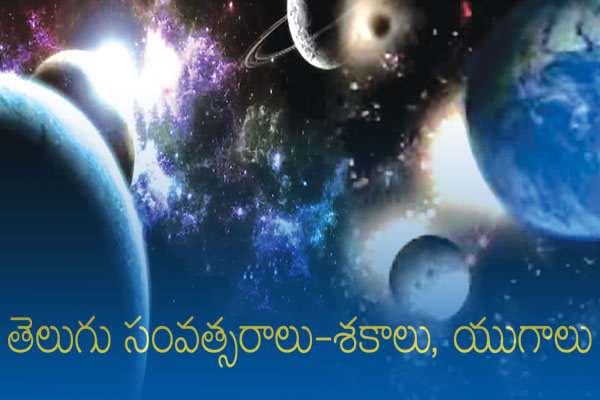
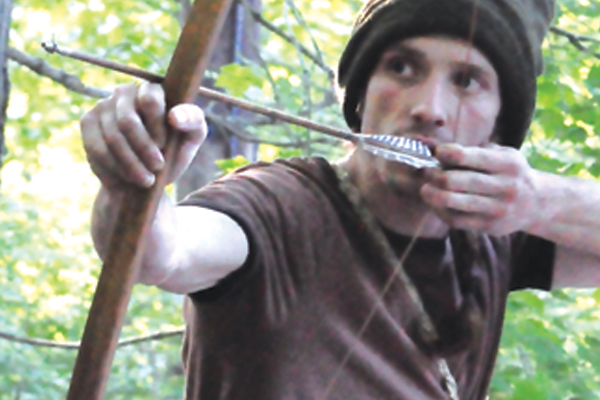


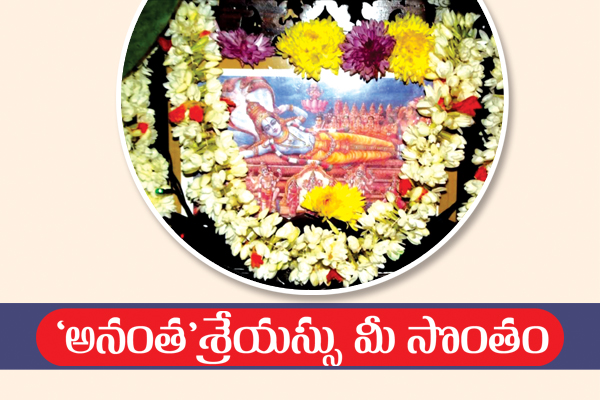


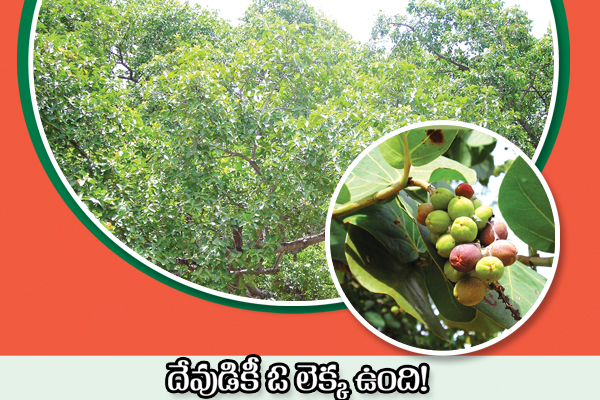


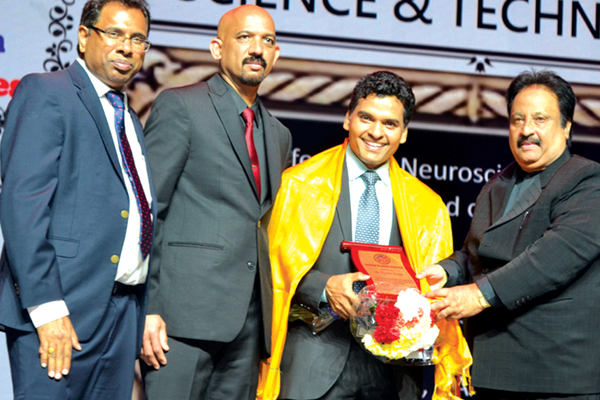

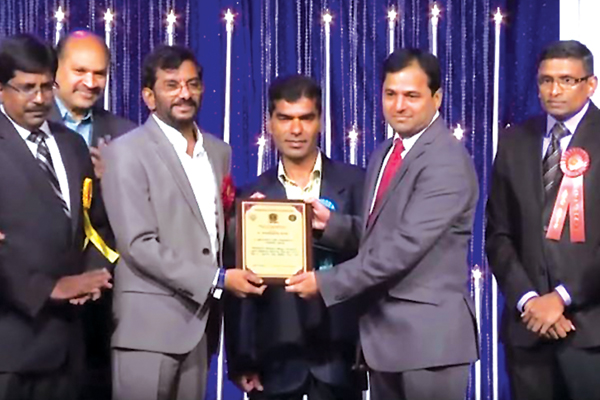
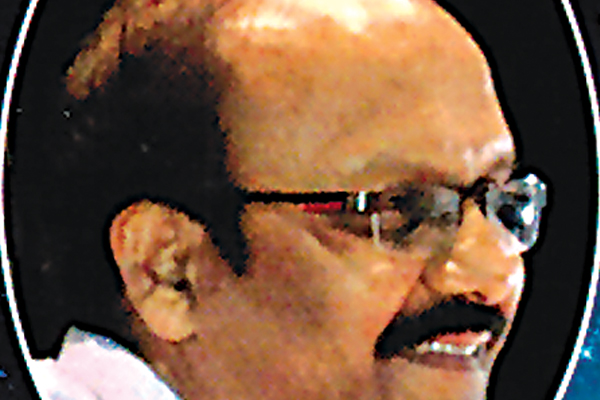
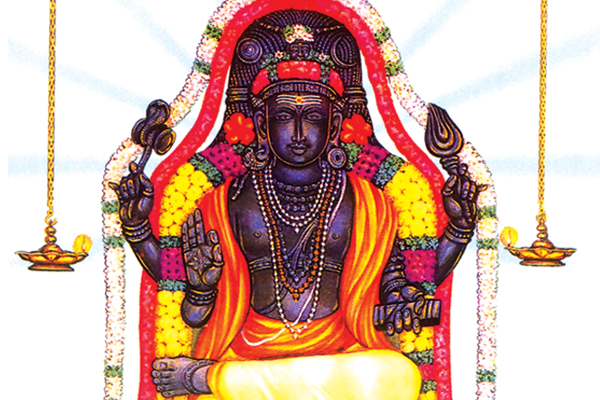
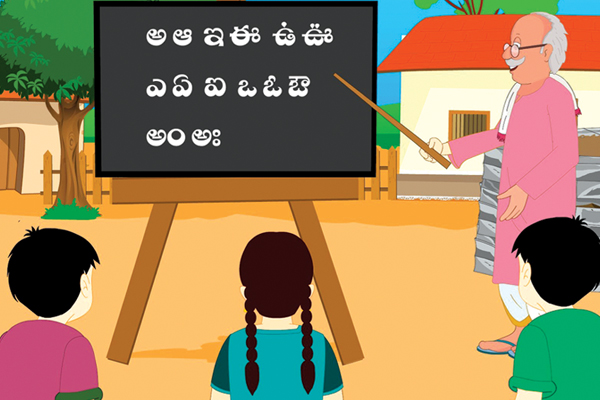
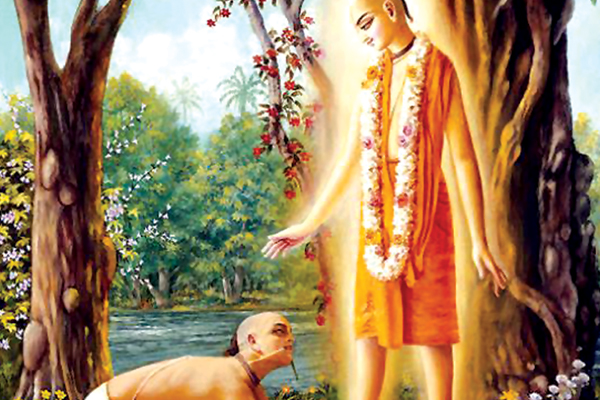
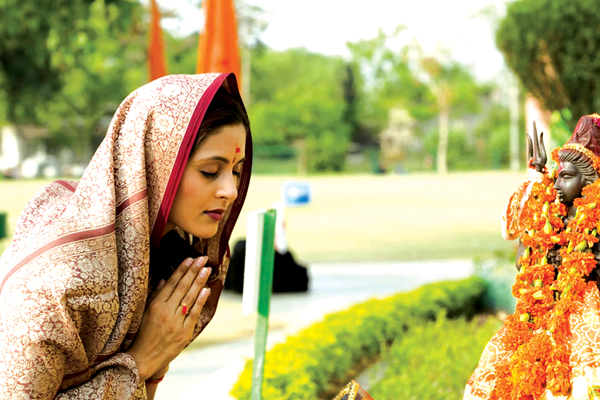


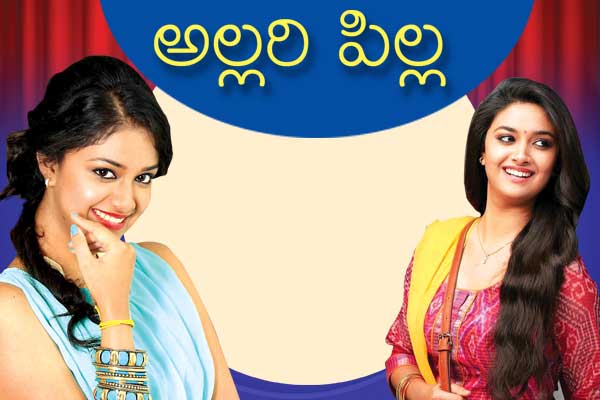

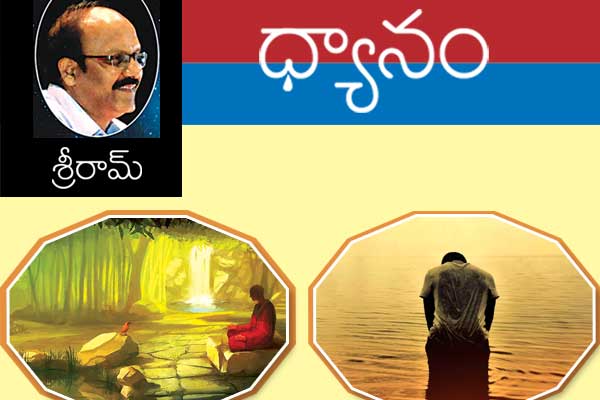
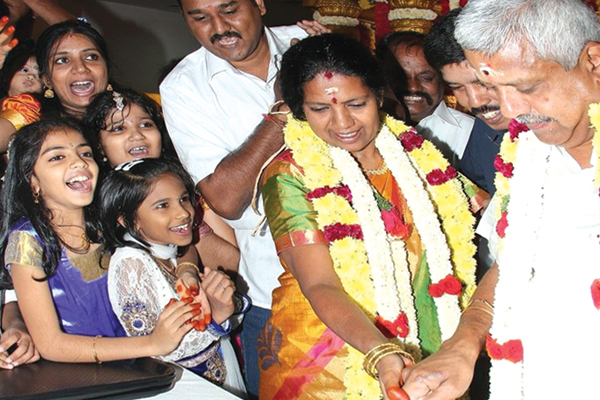
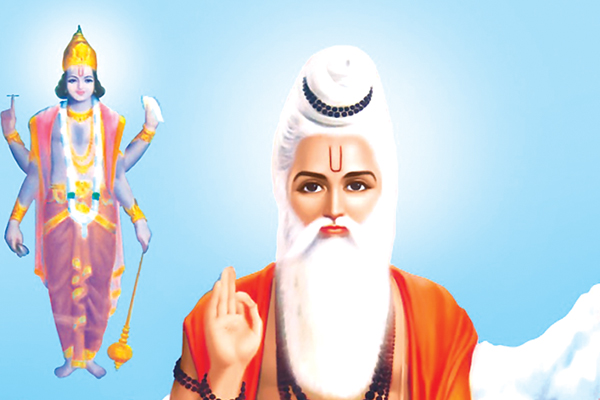

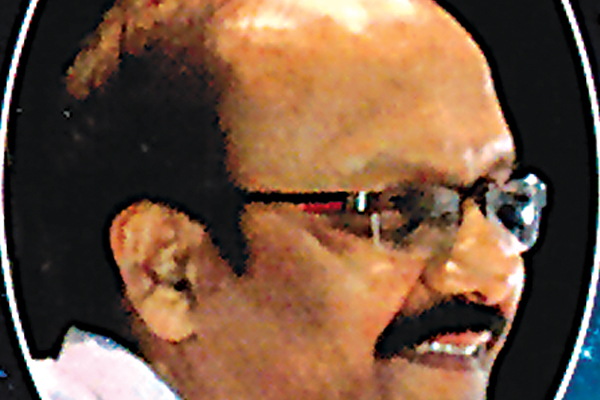
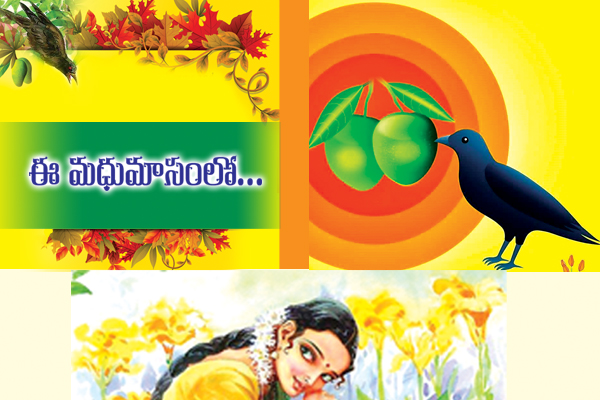
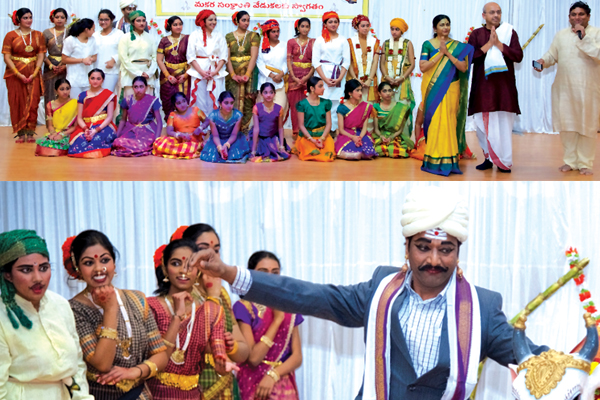
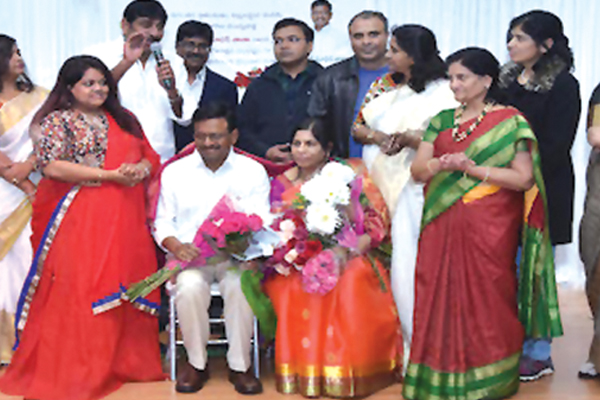
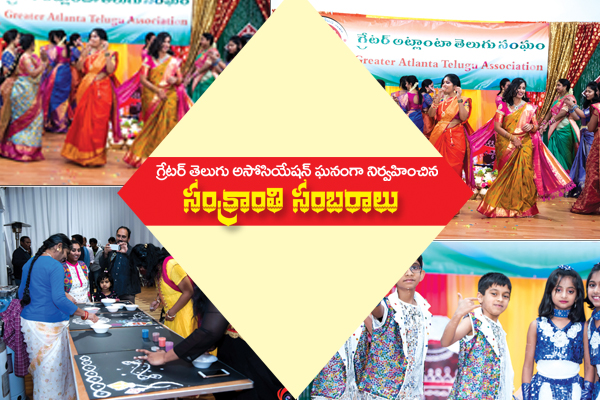
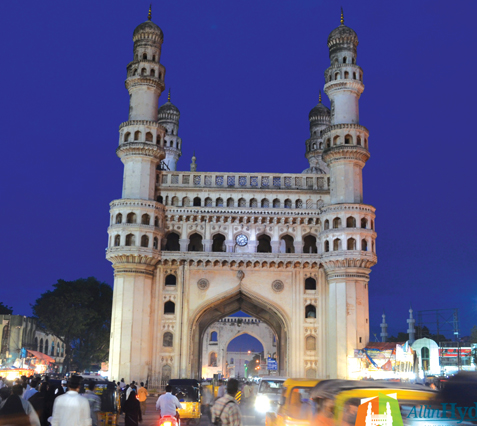

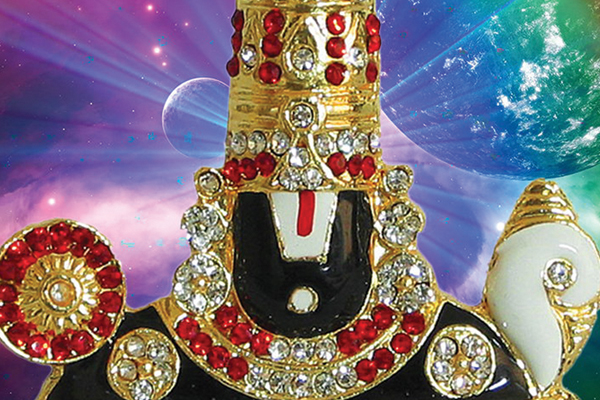
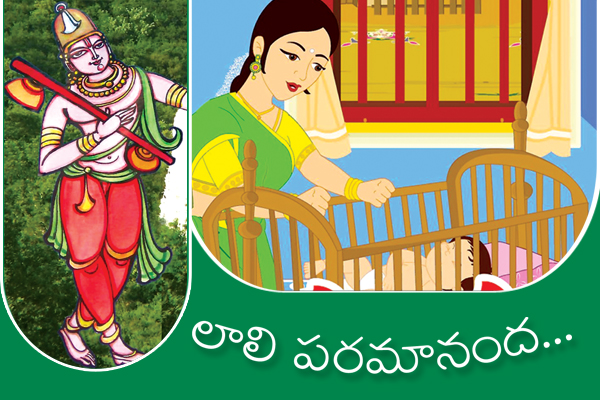

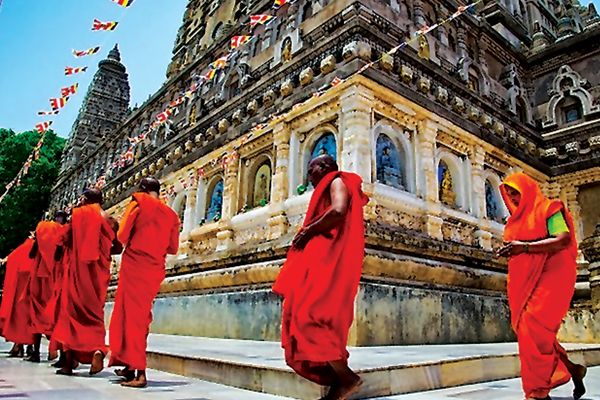


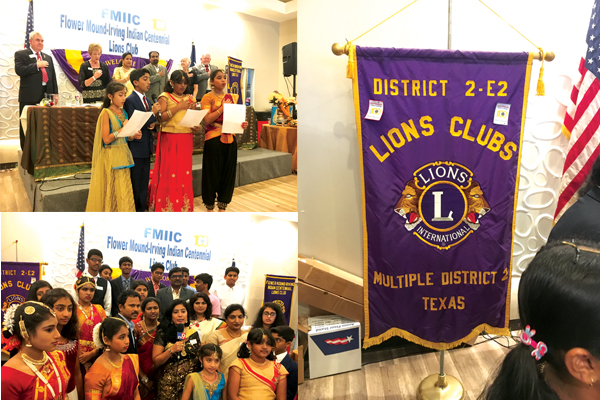
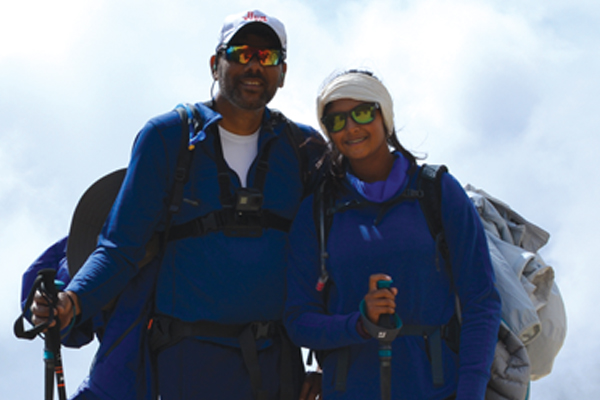
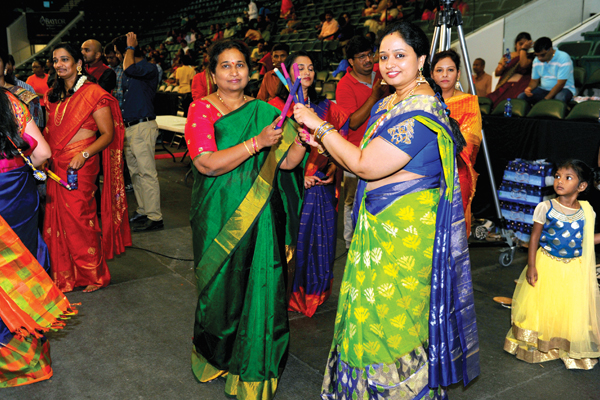
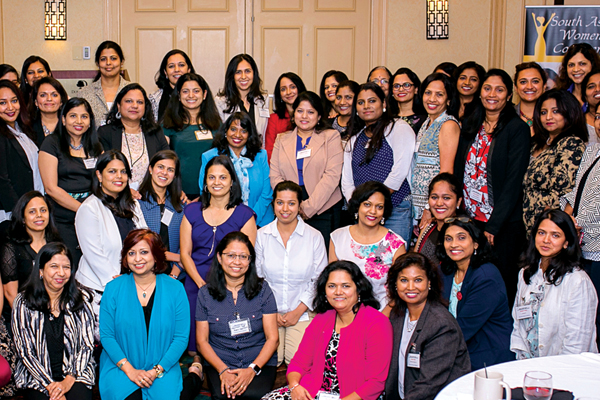
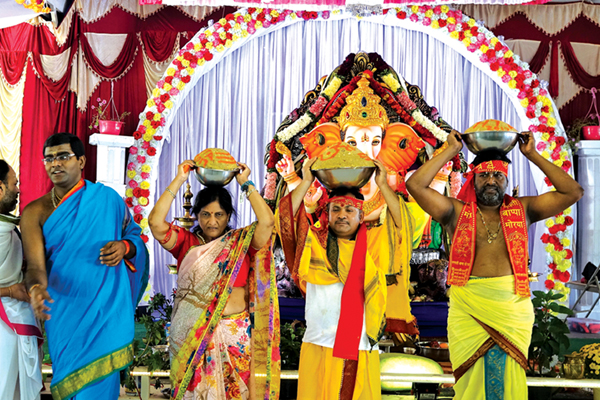
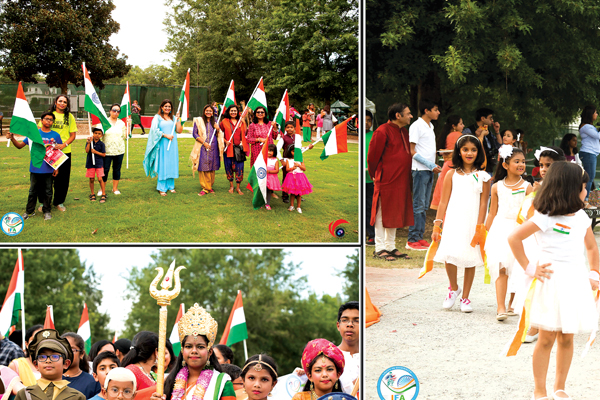
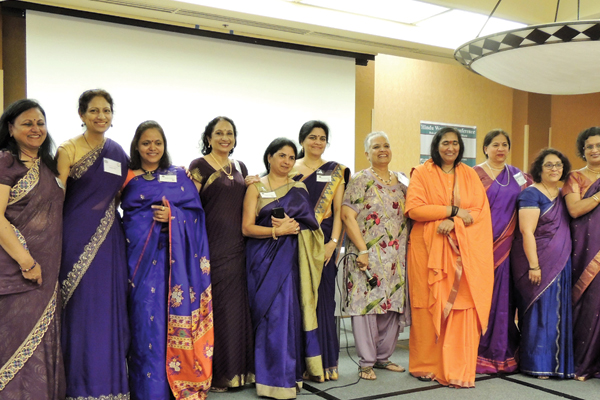
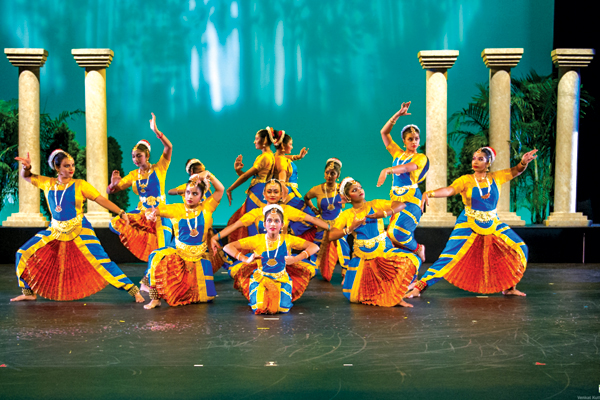
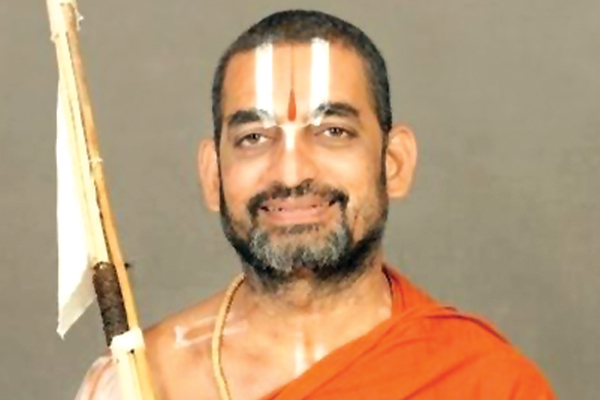


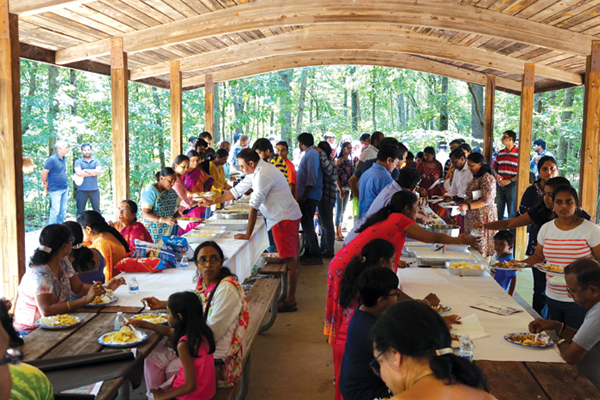

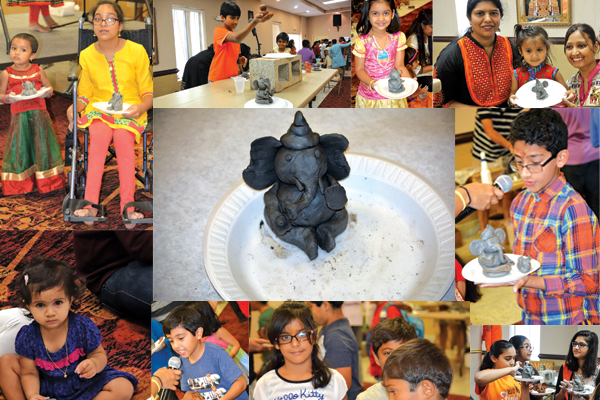
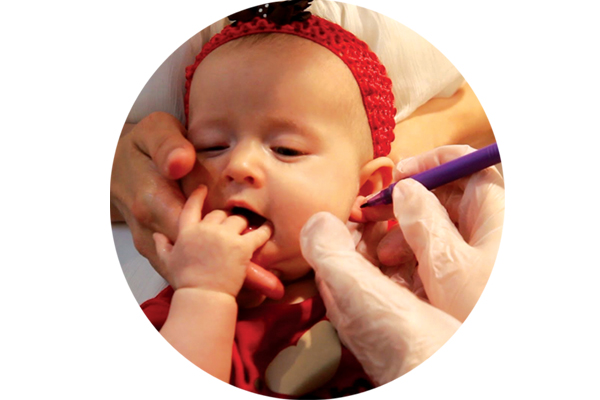
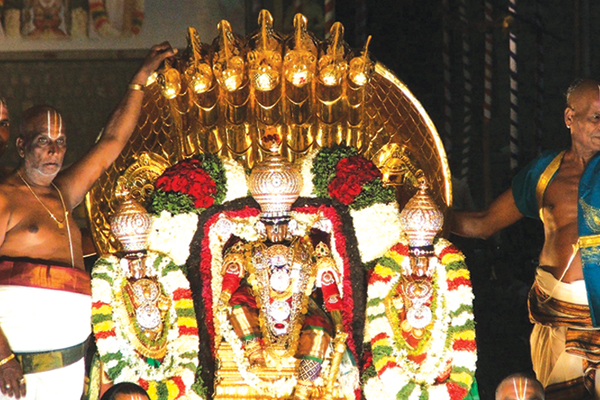
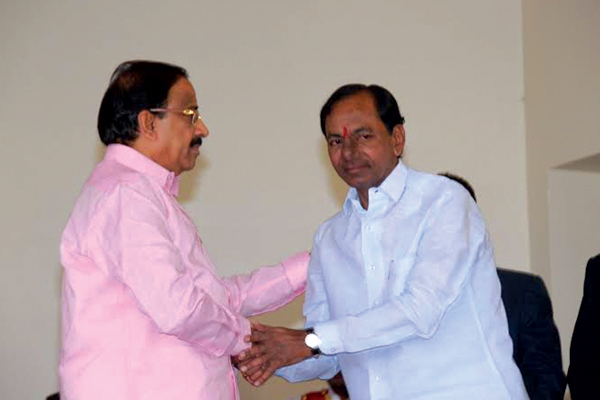
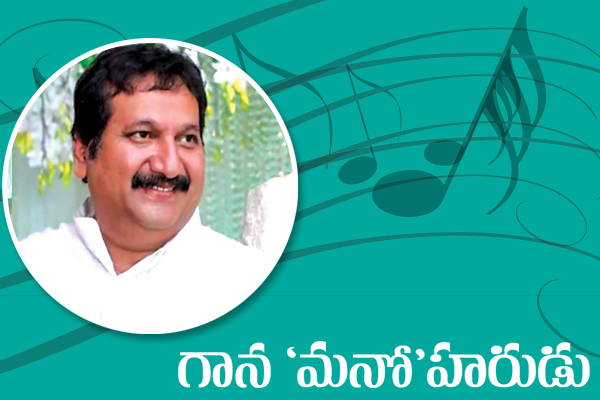

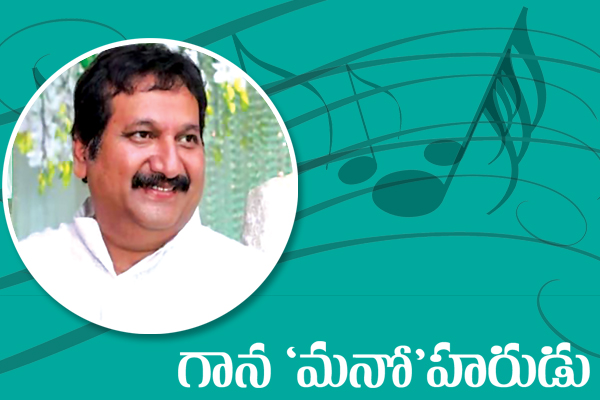
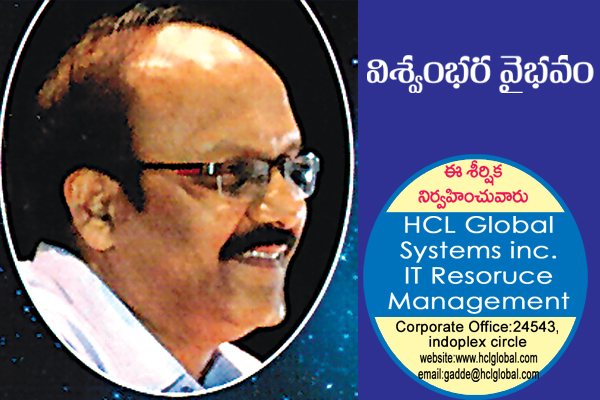
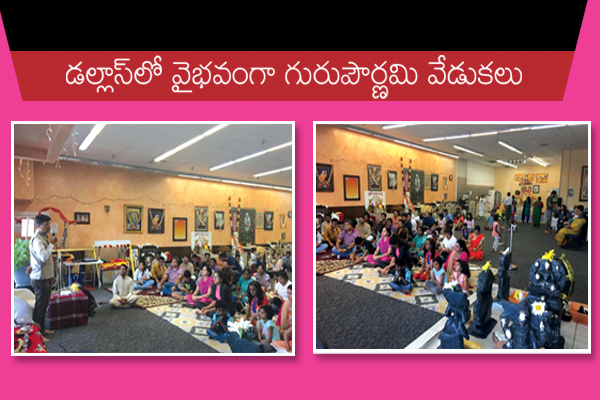
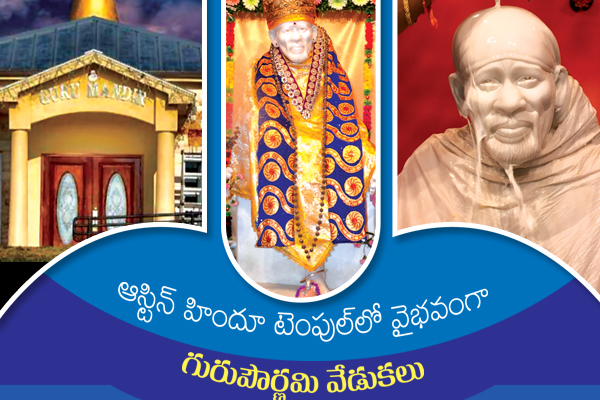
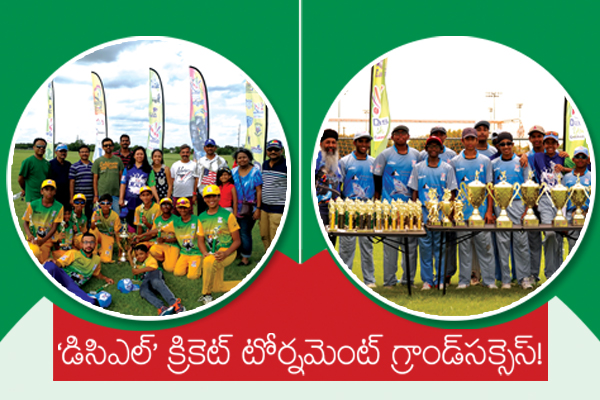
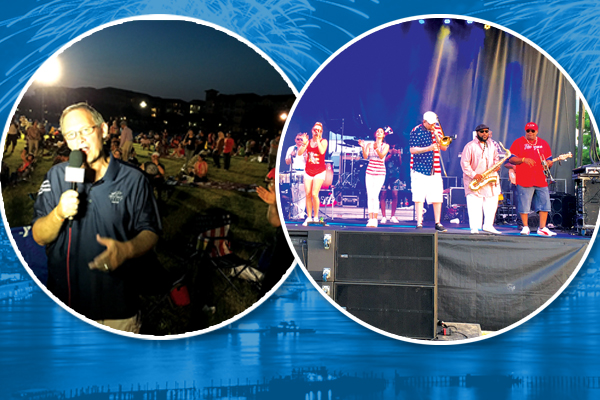
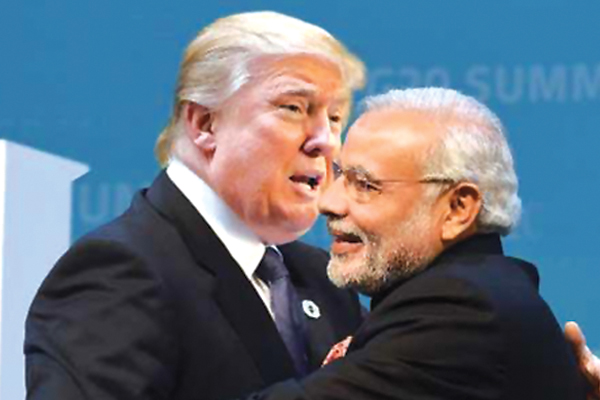
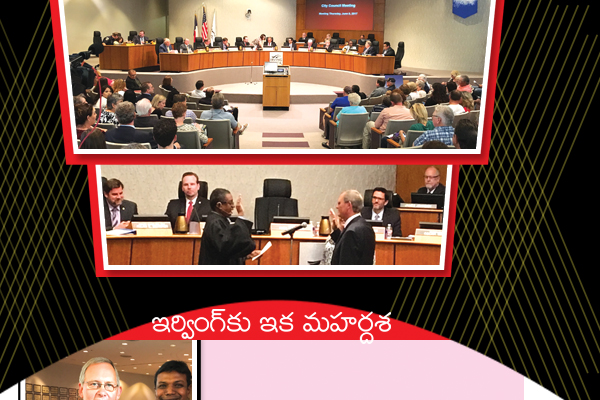
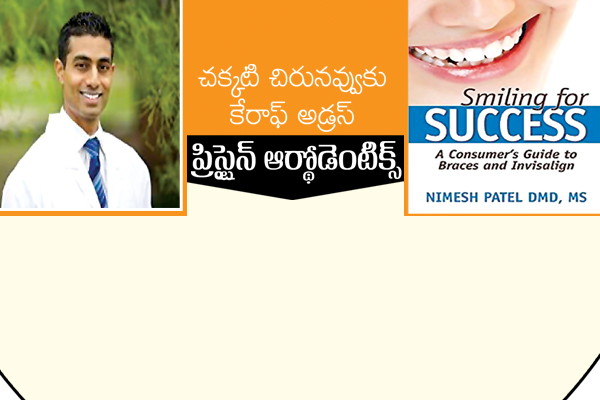
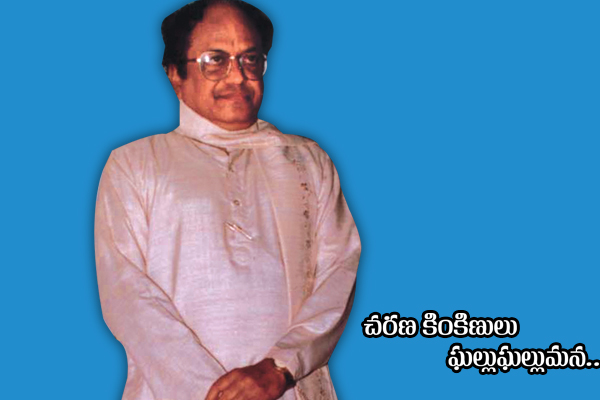
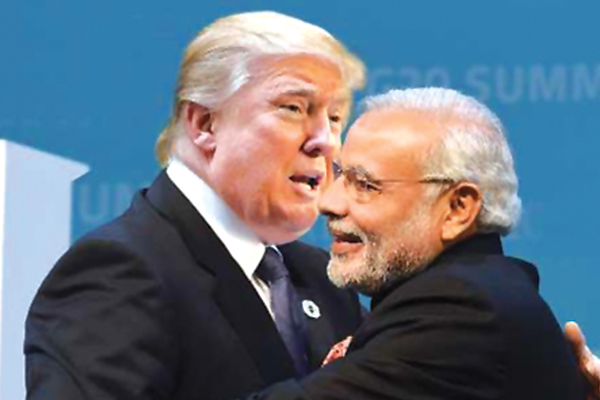
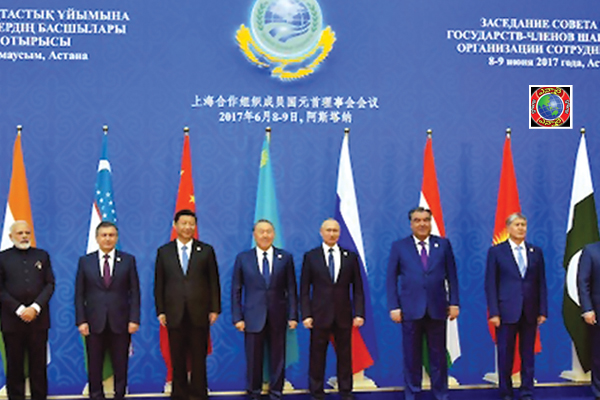
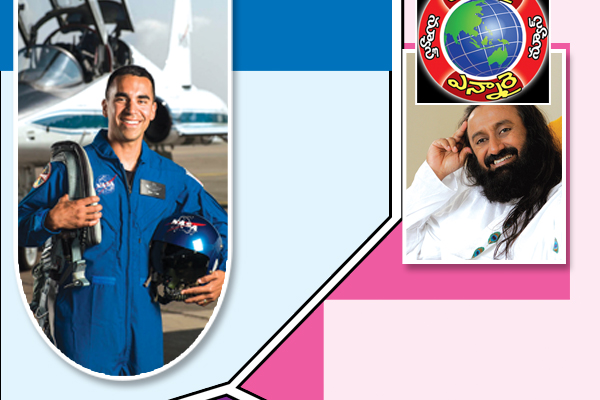

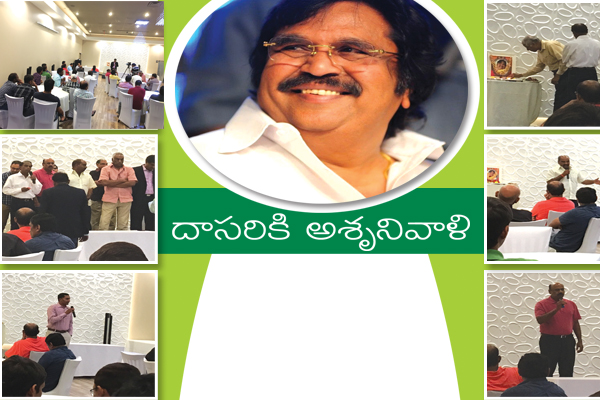
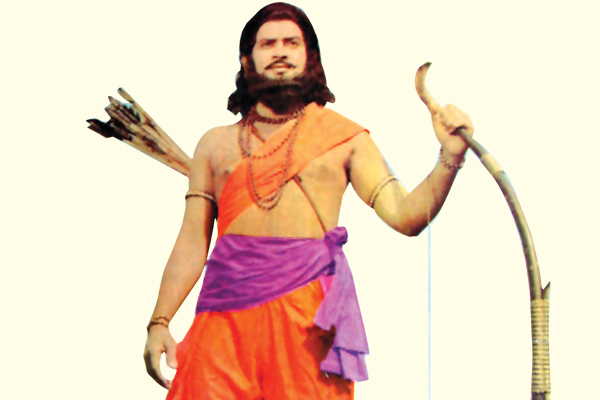
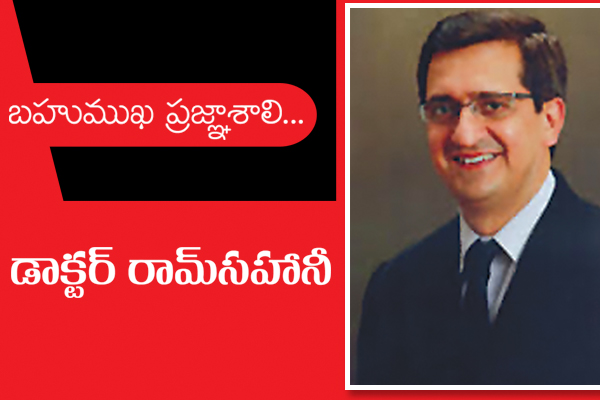

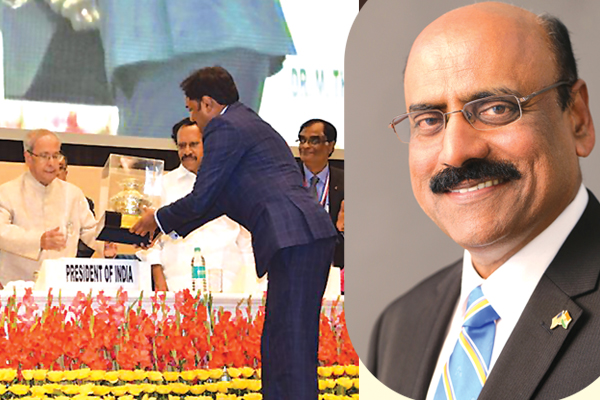

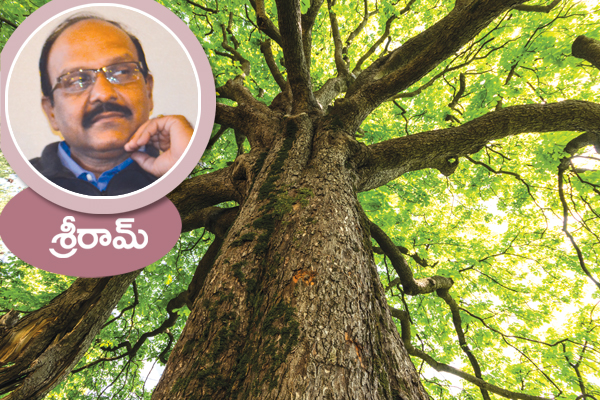
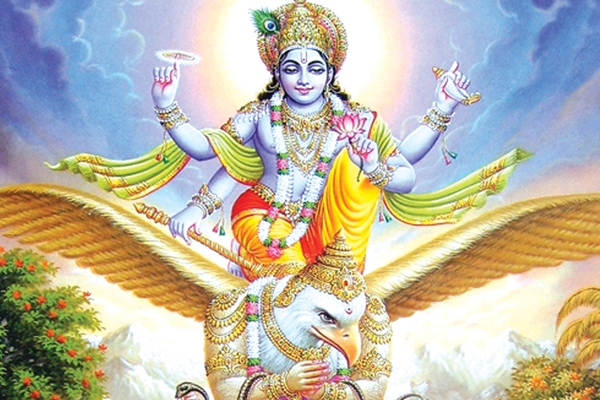

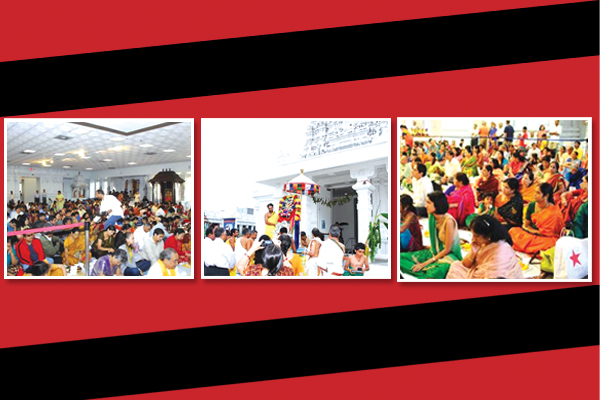
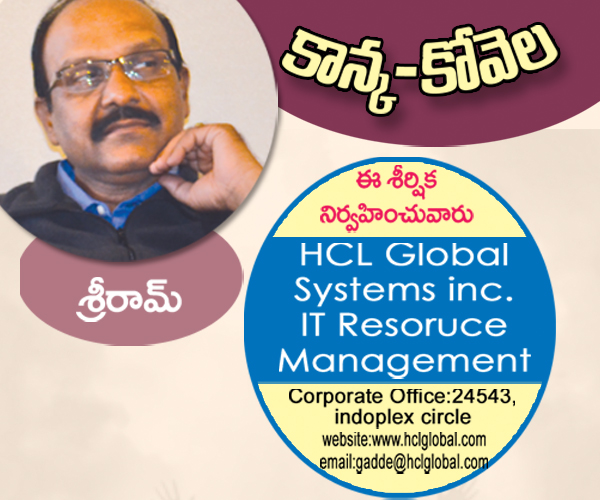
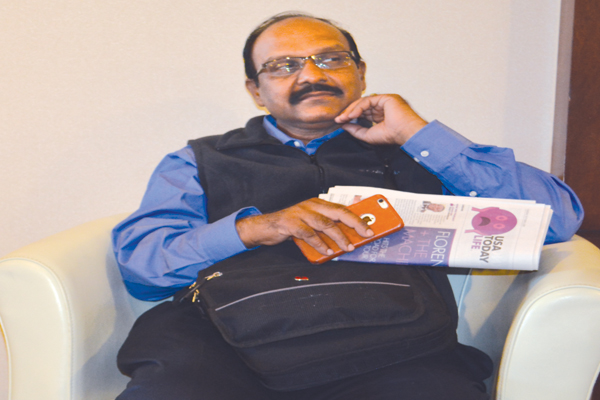
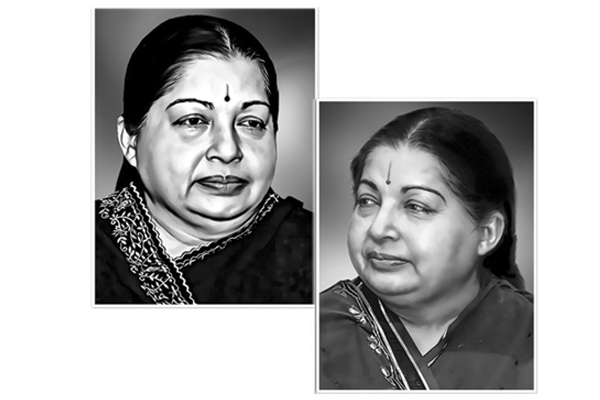
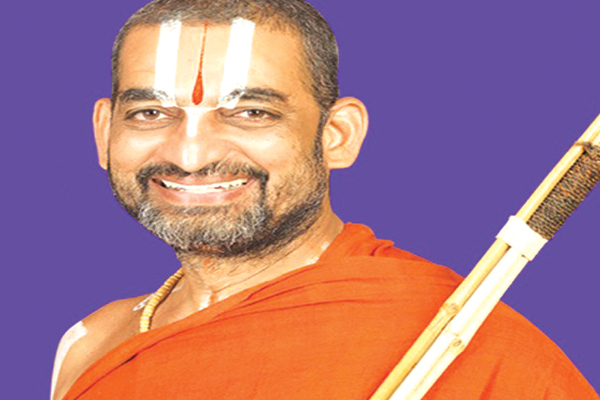
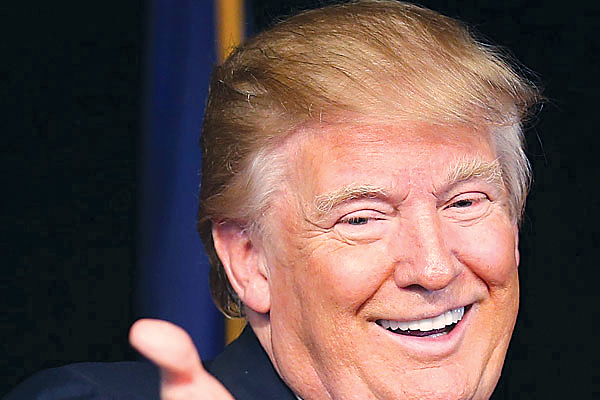
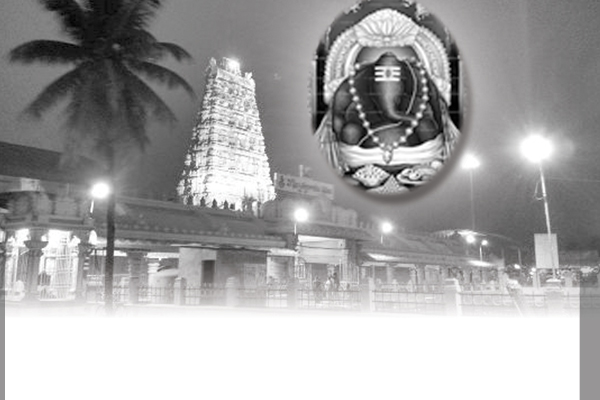

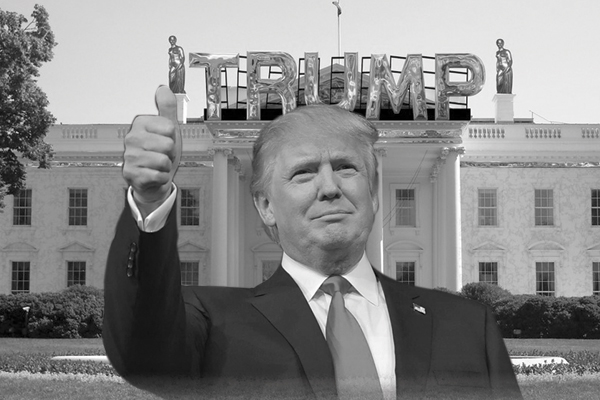
Review Siddha Ganju.